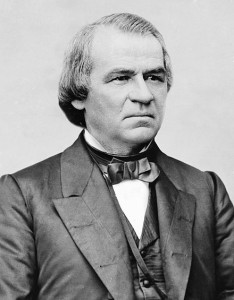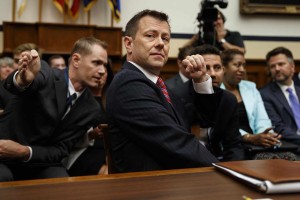There is a good deal of talk about healthcare among Democrats in the coming election. The latest is a Washington state Congresswoman telling us that American healthcare is causing people to die.
“Well if you did it on Wall Street speculation and obviously on the people who invest on the stock market who make enormous amounts of money would be paying that tiny financial transactions tax on their financial transactions. And I think the thing here to think about is we have a health care system that literally causes people to die.
… the system as a whole will cost us $55 trillion over the next ten years, so the question becomes, why would you protect the status quo? How do we make sure that every person has universal care?”
“Medicare for All” is a slogan, not a plan. I am a Medicare beneficiary and paid both halves of the Social Security tax since 1972 and Social Security tax since I was 16 years old. Ten years ago, I wrote a series of posts about what I considered a good choice of alternatives.
Since then, the American health care system was partially destroyed by Obamacare. I published a number of posts on those changes when it was introduced.
The net effects, in my opinion, were to destroy the small group plans (To the consternation of many Obama supporters in big cities.) while employer plans were left alone. The original intent was to roll those plans into Obamacare but the Democrats recognized that the electoral result would be catastrophic for their union support.
The Obamacare plans were approved by most hospital administrators who believed that the result would be greatly to the advantage of “vertically integrated” health care systems. As a result, many hospitals bought doctors’ practices and groups to control utilization and increase revenues. The failure to roll employer plans into Obamacare has limited the success of these plans but the control of doctors has proceeded apace. The hospital, where I spent 20 years in practice has now required staff members, some of whom have been on the staff 25 years, to get “permission” from salaried ER doctors before they are allowed to admit ill patients.
The Trauma surgery team I organized in 1979, was eventually fired and replaced by an anonymous group of surgeons from elsewhere.
At present, from the best I can discern, Obamacare consisted of an expanded Medicaid with intensified cost controls, applied through intrusive Electronic Health Record software, which is resulting in physician burnout.
While aimed at improving the quality of healthcare, CMS quality measures have had two unintended side effects:
Increasing data-entry demands on clinicians.
Creating a focus on fulfilling measures for reimbursement versus quality of care.
I was an enthusiast on electronic systems in the 1980s and 90s. I thought they would add quality and convenience. That has not happened.
Reevaluation of documentation to change policies to reduce regulatory burden. In a letter to CMS in February 2018, the American Association of Family Practitioners (AAFP) described its principles for reducing administrative burden on clinicians. The AAFP’s proposals included minimizing health IT utilization measures and implementing medical record documentation guidelines, data exchange policies, standard representation of clinical data models, prior authorization guidelines, measures harmonization, and certification and documentation procedures.
These are suggestions which are likely to be ignored unless the political situation changes.
What are the probable changes to come ? It depends on the election. The status quo ante was actually satisfactory to 85% of Americans. The poor was eligible for Medicaid which provided a baseline but was widely abused. Choices of insurance options were available. Young people could buy cheap catastrophic plans that protected them from accidents. Those are all gone. More young people are actually uninsured since the Obama administration shrank from enforcing mandates. Costs are higher as insurance companies make their money from processing claims. Bernie Sanders is actually correct on this topic. The solution would be to go back to an indemnity system of coverage and allow cash discounts by providers. There is no reason to spend $75 to process a $100 claim.
The French system would still be an option but the chance for real reform was lost with Obama care and the political will to try again is just not there.

